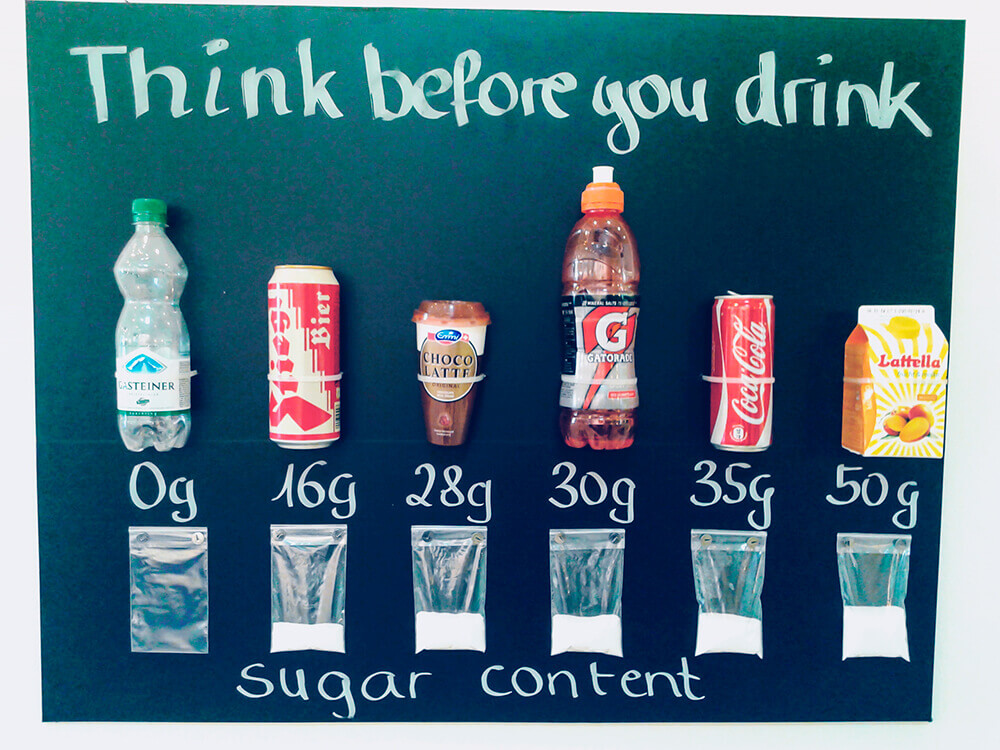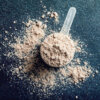If you’re a frequent consumer of soft drinks, fruit juices, or diet beverages and your goal is weight loss, we wrote this one for you!
Overview
- What did they test? Researchers conducted network meta-analyses to test how the intake of water, diet beverages, and sugar-sweetened beverages affects body weight and various heart and metabolic health metrics.
- What did they find? Substituting diet drinks for sugar-sweetened drinks was associated with minor improvements in body weight and some cardiometabolic risk factors compared to water and sugar-sweetened beverages.
- What does it mean for you? Suppose your goal is weight loss, and you enjoy sodas or drinks with calories. In that case, diet products can be a valuable tool to reduce calories.
What’s the Problem?
Obesity is a multi-factorial problem, even though many falsely accuse certain nutrients of contributing to the ease of weight gain. But none more than sugar. As we discussed in a review last month (Volume 1, Issue 1), sugar has been labeled as addictive, with very little evidence to support the claim. Soft drinks and a wide range of other sugary beverages are engrained in societies worldwide. The added sugar in foods and drinks makes it easy to overconsume calories. A popular fat loss tip is to "stop drinking your calories.” The growing diet beverage industry provides alternatives to sugar-sweetened beverages (SSBs). You may have noticed in grocery stores that product labels are changing. Many products now advertise 'sugar-free' or '50% less sugar!'. Low- and no-calorie sweetened beverages (LNCSBs) were developed to provide a sweet-tasting alternative to beverages with higher sugar content 6. Diet drinks (the terminology we'll refer to when discussing LNCSBs) may make it easier to limit liquid calories, thus avoiding overconsumption of calories. Diet drinks encompass a broad range of beverages, from your standard 0-calorie diet soda to things like those pink and blue sweeteners in the caddies at restaurants. Aspartame is what you'll find in those blue packets. Aspartame is a derivative of amino acids phenylalanine and aspartate. It contains an equal number of calories as sugar. Still, it's 200 times sweeter, so only a tiny amount is needed to sweeten diet drinks! Yes, there's a small number of calories in diet sodas, so small that companies don't have to put it on the label! Most aspartame-sweetened beverages contain approximately one calorie per 12 oz/ 355ml)!

In contrast, SSBs also encompasses a broad range of beverages. Typically, sugar drinks are low in nutritional quality and can be anything from carbonated soft drinks to fruit juice or sports drinks 12. Anything that contains added caloric sweeteners could be considered a sugar drink. The main difference between these drinks is that sugar drinks will have a caloric value, whereas diet drinks won't. But one thing to remember with these diet products is even though it says 0, if you consume more than the serving size, the calories can accumulate. Since around 2002, sugar drink consumption in the U.S. has declined, potentially due to food and nutritional science developing alternative diet products 5 14. Despite the downward trend in sugar drinks, Americans are still struggling with obesity and the U.S. ranked near the top for sugar drink sales between 2009 and 2014 5. Data indicates that U.S. adults consumed an average of 145 kcal/day from sugar drinks between 2011 and 2014 5 7 . Think about that. If you consume one soda per day (~145 calories per day), that's a total of 1,015 calories per week. If you swapped out four days with a diet soda, you could save a weekly total of 580 calories per week! Yea that could be a sweet tool for weight loss.
While debate exists regarding diet drinks and body composition changes, most data show positive changes in various metrics by switching from calorie drinks to diet soda 1 8 9 11 12. Likely because of reduced calories, and therefore weight loss. Despite this, false claims about diet soda contributing to adverse health outcomes continue. Some even claim they may cause weight gain through hypothetical mechanisms, like increasing insulin (no evidence) or through increased appetite. Even though the data points to a positive benefit of diet drinks, governing bodies continue to recommend water as a substitute for calorie drinks [U.S. dietary guidelines]. Indeed, when presented with data regarding diet drinks, many online personas will state something to the effect of "you'd be better off just drinking water." This study directly addressed whether water is better for weight loss and cardiometabolic risk factors compared to diet sodas.
Purpose
The researchers aimed to assess the association of diet beverages with body weight and cardiometabolic risk factors by conducting network meta-analyses using studies that met specific criteria.
Hypothesis
The authors stated no specific hypothesis, but the authors framed the paper in a way that seemed to advocate for using diet drinks as an alternative to sugary drinks to improve body weight and cardiometabolic risk factors.







